World Bee Day celebrates our essential pollinators and their tremendous impact on ecosystems and food production worldwide. These industrious insects have inspired numerous travel destinations where visitors can learn about beekeeping traditions, honey production, and conservation efforts while enjoying unique cultural experiences.
Here is a list of 20 travel experiences inspired by World Bee Day that combine education, adventure, and delicious honey-based treats from around the world.
Honey Highway in Rotterdam, Netherlands
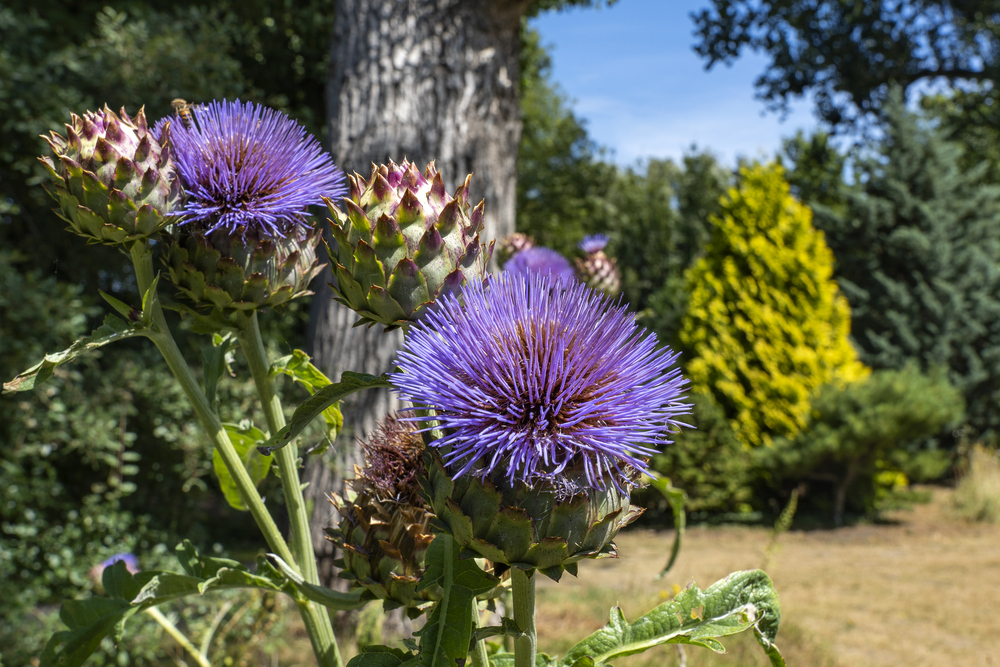
The Honey Highway project spans several miles along Dutch roads and railways, creating bee-friendly corridors filled with wildflowers. Visitors can take guided cycling tours along these routes to observe numerous pollinator species and learn about urban conservation efforts.
The project demonstrates how infrastructure and nature can coexist harmoniously in one of Europe’s busiest port cities.
Apiturismo in Tuscany, Italy

Tuscany’s apiturismo (bee tourism) offers travelers the chance to stay at working honey farms while learning traditional Italian beekeeping methods. Guests don protective gear to observe hive inspections up close and participate in honey harvesting during the summer months.
The experience culminates in tastings of various honey varieties paired with local cheeses and wines, showcasing the distinct flavors derived from different flowering plants.
Ljubljana’s Urban Beekeeping, Slovenia

Slovenia’s capital boasts over 4,500 beehives, including those atop the city’s opera house and main railway station. Local beekeepers lead walking tours explaining how urban beekeeping enhances city biodiversity while producing unique honey varieties.
The city’s dedication to bees reflects Slovenia’s rich beekeeping heritage, where approximately one in every 200 citizens actively keeps bees.
Maya Bee Sanctuary in Yucatán, Mexico

Indigenous communities in the Yucatán preserve ancient traditions of stingless bee cultivation dating back to pre-Columbian times. Visitors learn how Maya beekeepers maintain these native melipona bees in traditional log hives and harvest their highly prized medicinal honey.
The sanctuary combines ecological education with cultural immersion, allowing guests to participate in ceremonies honoring bee deities.
Honey Museum in Chaumont-sur-Loire, France
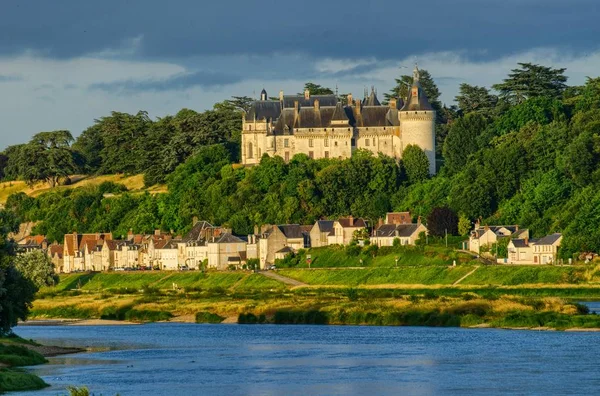
Located in France’s Loire Valley, this specialized museum showcases beekeeping artifacts dating back several centuries. Visitors explore interactive exhibits on bee biology and the historical relationship between humans and honeybees throughout French history.
The museum’s garden features over 100 plants specifically chosen for their importance to pollinators, creating a living laboratory of bee-friendly landscaping.
Hiveopolis Center in Vienna, Austria
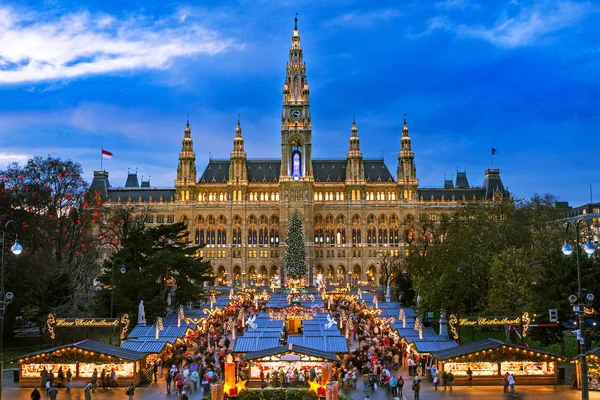
This cutting-edge research facility welcomes visitors to witness innovative technology that monitors bee health and behavior in real-time. Scientists demonstrate how smart hives collect data on colony strength, foraging patterns, and environmental conditions affecting urban bee populations.
The center represents the intersection of traditional beekeeping and modern science, offering glimpses into the future of apiculture.
Honey Festival in Kuranda, Australia

This annual celebration in Queensland features competitions for the region’s distinctive rainforest honey varieties produced by native Australian bees. Visitors sample rare honey types while watching demonstrations of traditional honey harvesting techniques used by Aboriginal communities.
The surrounding rainforest provides habitat for stingless bees found nowhere else on earth, creating truly unique flavor profiles.
Bee Safari in Entabeni, South Africa
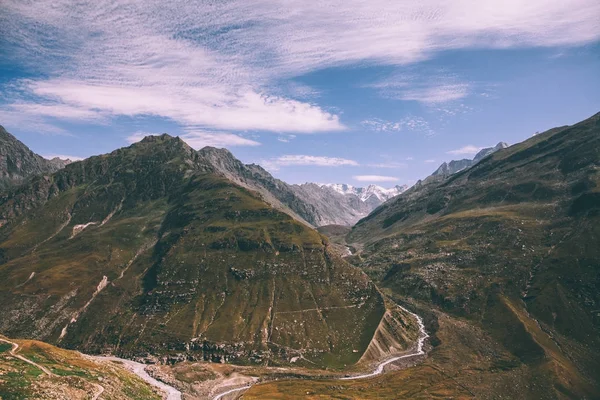
Specialized guides lead small groups through the bushveld to observe wild African honeybees in their natural habitat. Participants learn tracking techniques to locate bee colonies and understand their crucial role in maintaining savanna ecosystems.
The safari highlights how these resilient bees adapt to challenging conditions and contribute to the region’s remarkable biodiversity.
Apitherapy Retreat in the Carpathian Mountains, Romania
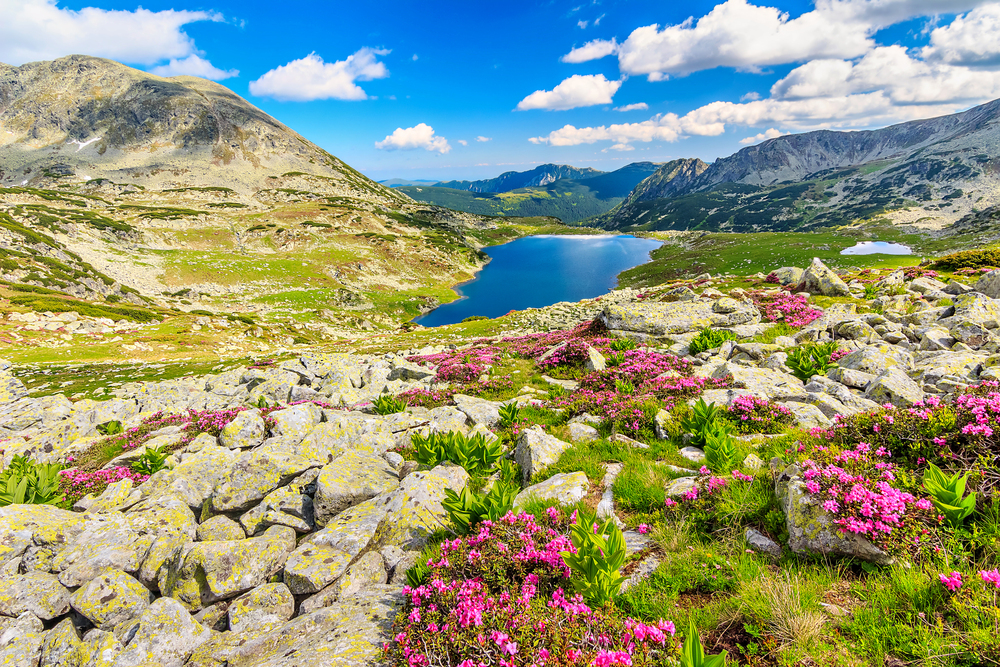
These wellness-focused retreats utilize bee products for health treatments, including honey massages and propolis therapy sessions. Guests stay in traditional Romanian wooden houses surrounded by wildflower meadows where bees collect nectar for healing products.
The region’s beekeeping traditions date back generations, with recipes for medicinal honey preparations passed down through families.
Bee Garden in Portland, Oregon

This urban sanctuary features hundreds of pollinator-friendly plants arranged to provide year-round forage for bees. Workshops teach visitors how to create their bee habitats and grow gardens that support native pollinator species.
The garden serves as a living classroom, demonstrating how even small urban spaces can become vital habitats for declining bee populations.
Honey Route in Sichuan, China
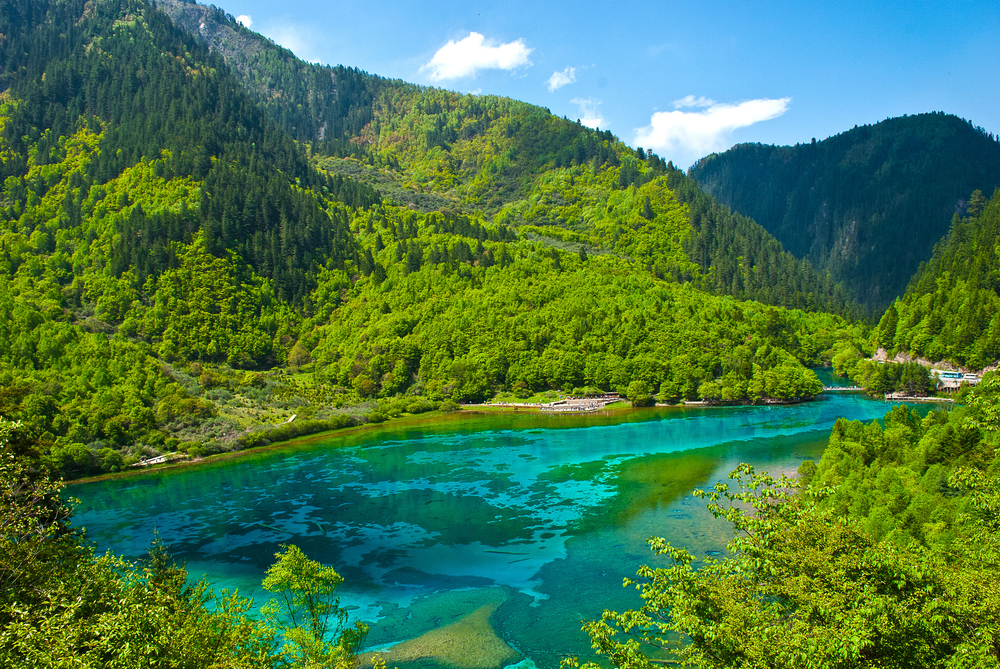
Travelers follow ancient trading paths where honey gatherers have harvested wild bee colonies for thousands of years. Local guides demonstrate traditional climbing techniques used to reach cliff-dwelling hives using only rope ladders and simple tools.
The journey reveals how honey hunting shaped regional culture, cuisine, and medicine throughout Chinese history.
Bee Sanctuary in Tzukurikin, Guatemala
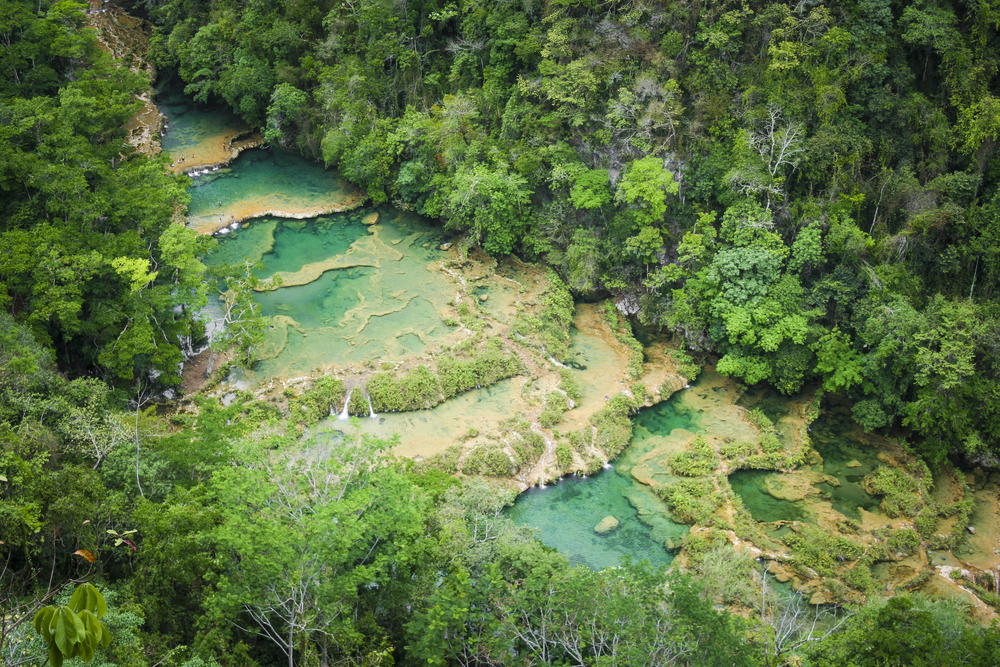
This community-run conservation project focuses on protecting the endangered Melipona beecheii, sacred to Maya culture. Visitors help build traditional stingless bee hives from natural materials and learn about indigenous honey ceremonies.
The sanctuary combines conservation with economic development, providing sustainable livelihoods for local families through ecotourism.
Bee Observation Center in Hokkaido, Japan

Floor-to-ceiling glass hives allow visitors to observe complete colonies without disturbing the bees’ natural behavior. Advanced camera systems project magnified images of queen bees laying eggs and workers building honeycomb structures.
The center highlights Japanese beekeeping adaptations to extreme seasonal temperature variations in this northern island environment.
Honey Wine Trail in Addis Ababa, Ethiopia

Ethiopia’s ancient tradition of tej (honey wine) production comes alive through tastings at local meaderies throughout the capital region. Visitors learn how this fermented honey beverage has been central to Ethiopian cultural ceremonies for over 2,000 years.
The tour connects travelers with multigenerational tej makers who maintain traditional brewing methods using clay pots and local herbs.
Beekeeping Museum in Radovljica, Slovenia
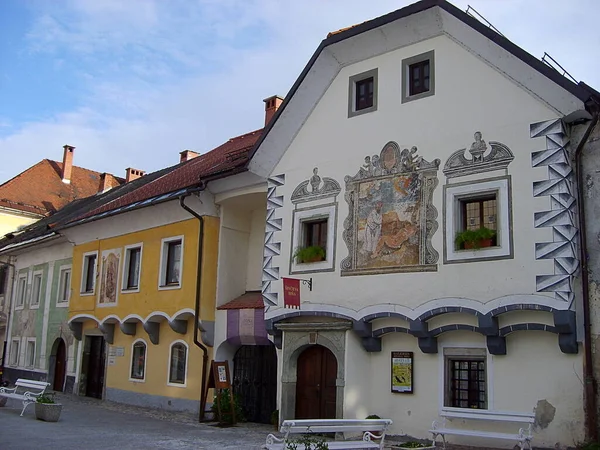
Housed in an 18th-century manor, this museum displays the world’s largest collection of painted beehive panels unique to Slovenian folk art. Visitors view intricate scenes depicting historical events, religious themes, and daily life painted directly onto hive fronts.
The tradition represents a distinctive intersection of practical beekeeping and artistic expression found nowhere else in the world.
Bee Ecology Tour in Mount Hood, Oregon

Guided by professional naturalists, small groups are taken to sites where over 500 native species of bees may be observed during the growing season. Participants employ specialized cameras to record the generally unheralded pollinators that are crucial to forest life.
The tour showcases how numerous species of wild bees serve ecological functions distinct from those of the better-known honeybee.
Honey Harvest Festival in Ninh Binh, Vietnam
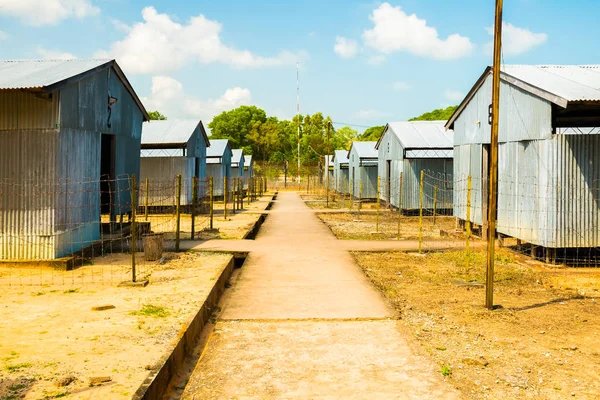
This colorful celebration presents traditional Vietnamese beekeeping techniques within tropical environments. Guests observe honey harvesting from hollow log hives while tasting regionally unique varieties shaped by limestone karst landscapes.
The festival includes cultural performances narrating stories about bees in Vietnamese mythology and their relationship to rural life.
Bee Conservation Center in Atherton Tablelands, Australia
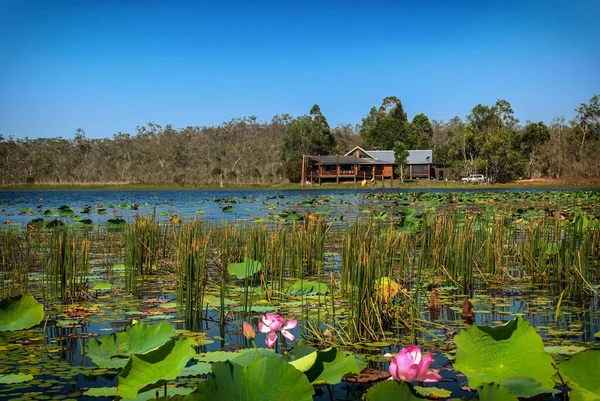
This research center is dedicated to conserving Australia’s 1,700+ indigenous bee species via habitat restoration initiatives. The public is engaged in citizen science activities, tracking rare species and constructing artificial nests for single bee species.
The center shows how agricultural landscapes can be adapted to accommodate managed honeybees as well as wild pollinators.
Bee Highway in Oslo, Norway

This innovative urban planning program creates seamless pollinator corridors between roofs, balconies, and parks across the Norwegian capital. Guided tours highlight how citizens, businesses, and the government collaborated to transform city blocks into productive ecosystems.
The project demonstrates how cities worldwide can apply the same techniques to support bee populations.
Ancient Beekeeping in Crete, Greece
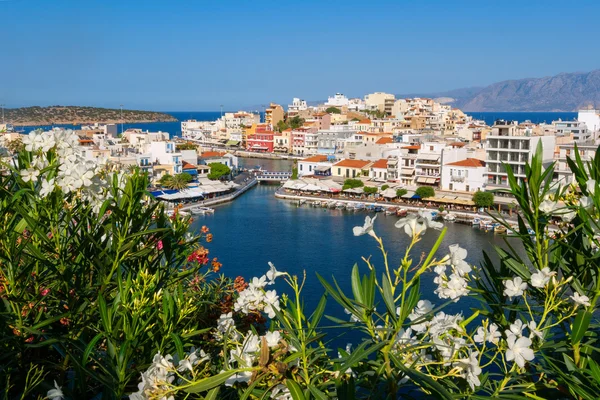
Archaeological artifacts on the island in the Mediterranean reveal 3,000-year-old beekeeping customs from the Minoan period. Tourists stroll by recreated models of historic clay hives and learn about how honey was used in ancient ritualistic practices and medical therapies.
Modern-day beekeepers in Crete adhere to these practices, producing thyme honey in mountainous regions that is some of the best in the Mediterranean.
Pollinators and Prosperity: The Future of Bee Tourism
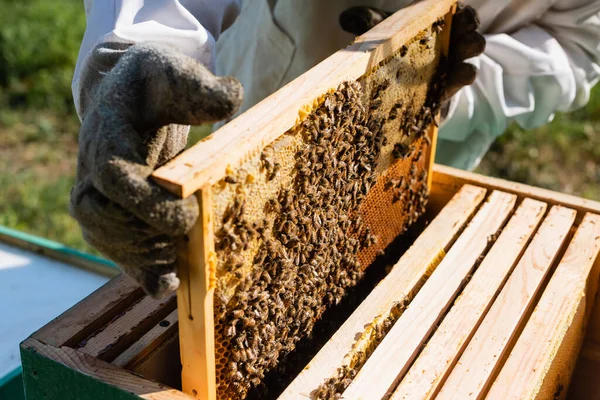
The rise in popularity of bee tourism shows the greater appreciation for the role these insects play in global ecosystems and food chains. These sites not only provide special experiences but also help conserve, where bee habitats are preserved and traditional beekeeping methods are preserved.
With the need for increased interaction with nature, these buzzing diplomats offer important lessons in sustainability, diversity, and our interconnectedness with even the tiniest of creatures. The future for bee tourism looks bright as increasingly regions realize that protecting pollinators brings economic rewards while preserving important ecological services.
More from Travel Pug

- 20 Best Beach Towns in the Carolinas
- 13 Destinations Where Tourists Regularly Regret Their Trip
- 20 Destinations That Are More Magical Without an Itinerary
- 20 Underrated Adventures That Belong on Your Travel List
- 20 Cities Where You Should Just Wing It, No Planning Required
Like Travel Pug’s content? Follow us on MSN.
